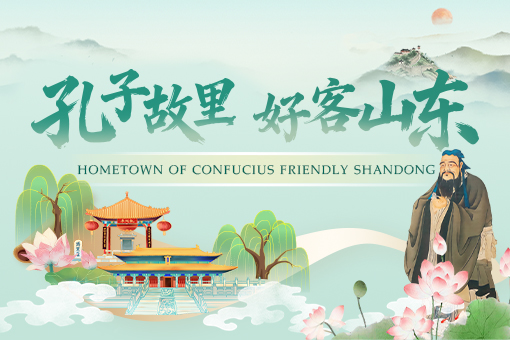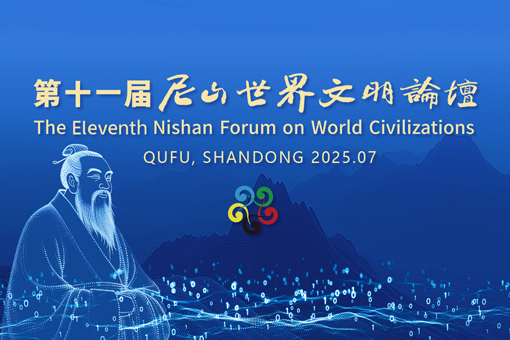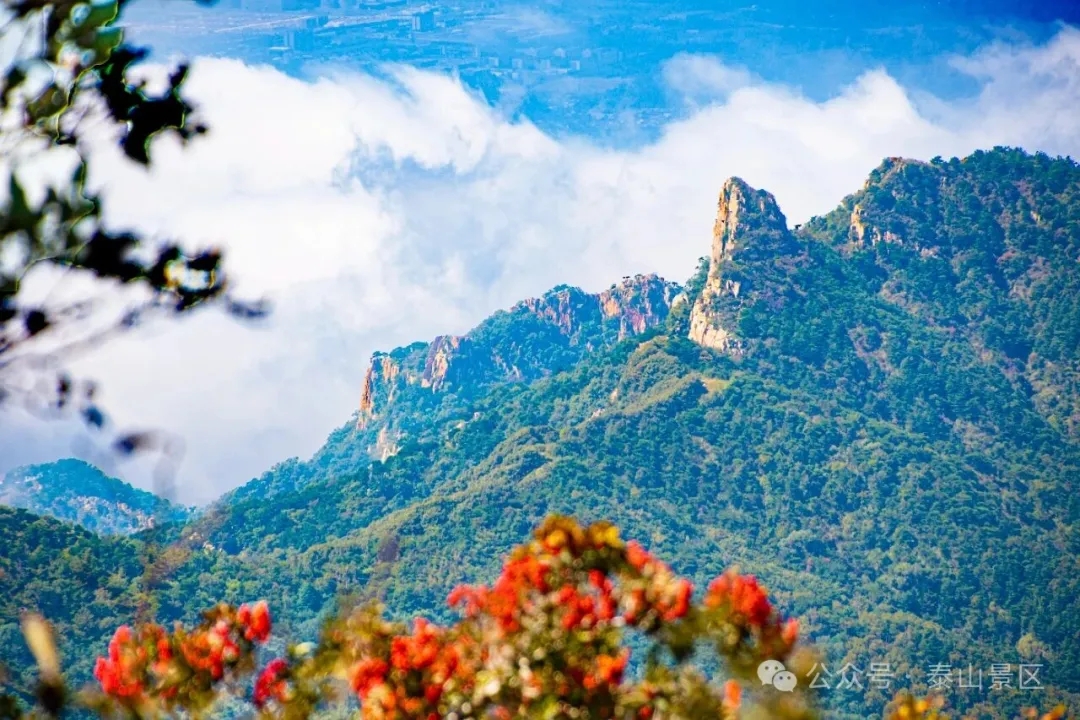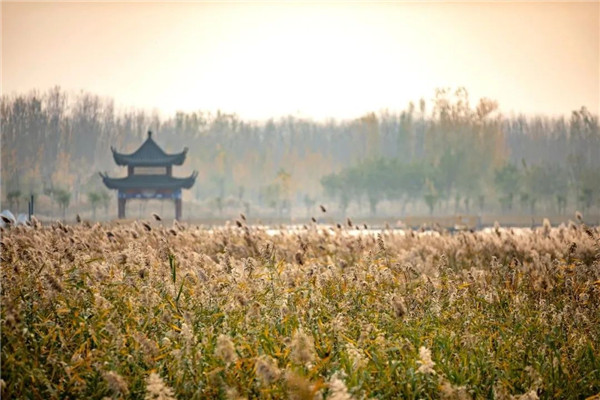Xiconomics: BRI paves way for shared future via common development
HIGH-QUALITY DEVELOPMENT
At a symposium marking the fifth anniversary of the BRI back in 2018, Xi called for high-quality development of the initiative, and compared such an endeavor to a "meticulous painting," a traditional Chinese drawing technique that pays great attention to details.
He understood that after years of efforts to finish its general layout, the BRI should aim for high-standard, sustainable and people-centered progress.
The BRI's high-quality development is branching out and bearing fruits. The construction of the Peljesac Bridge has illustrated the economic, social and environmental benefits the BRI can bring its partners.
"When building the bridge, Chinese engineers and workers applied the highest environmental standards," said Kreso Beljak, member of the Croatian Parliament and president of the Croatian Peasant Party.
Local oyster producers at the nearby Ston Bay once worried that the project might have a possible negative impact on the quality and the volume of their oyster production.
However, this didn't happen thanks to the highest environmental protection standards. On the contrary, the bridge has opened up new sales routes.
The Peljesac Bridge is a miniature of the Belt and Road construction in a new stage. Under the BRI framework, the building of a health Silk Road, a digital Silk Road and a green Silk Road have added new dimensions to the initiative.
To push for green and low-carbon development, China has promised last year not to build new coal-fired power projects abroad, and it has helped construct hydro, solar, and wind power stations in Pakistan, Laos and Argentina, among others.
In terms of innovation-driven programs, China is helping its BRI partners, many in Africa like Mozambique, to develop modern and smart agriculture with the help of the BeiDou Navigation Satellite System; it is also joining forces with others in boosting cooperation in e-commerce, outer-space and deep ocean. For example, China and Portugal have set up late last year the STARLab under the BRI, which is a joint laboratory focusing on integrated scientific and technological cooperation in space and sea.
Highlighting openness and inclusiveness is also how China seeks to work with its partners worldwide for high-quality achievements. The BRI family has some 180 members so far, and more are welcome to join.
PUBLIC GOOD FOR SHARED FUTURE
In his speech at the opening ceremony of Boao Forum for Asia Annual Conference 2021, Xi said "the BRI is a public road open to all, not a private path owned by one single party. All interested countries are welcome aboard to take part in the cooperation and share in its benefits."
Having proposed the BRI, China is thinking how to facilitate global development for all mankind, and through these years, the BRI has brought people closer as well as boosted international trade, said Stephen Perry, chairman of Britain's 48 Group Club.
"It's transnational," he said. "It's not thinking of the single country of China. It's thinking of the whole area of the world, maybe more focused at the moment on Asia and Africa and Latin America, but it's a world project."
According to a World Bank report, BRI transport projects could, by 2030, help lift 7.6 million people out of extreme poverty and 32 million people out of moderate poverty globally. Trade will grow from between 2.8 and 9.7 percent for economies along economic corridors and between 1.7 and 6.2 percent for the world.
"The reason why the BRI can maintain such a vitality is because infrastructure construction and supply chain inter-connectivity feed the needs of economic globalization," said Huang Renwei, executive vice-dean of the Fudan Institute of Belt and Road & Global Governance.
"The initiative is investing in the real economy," said Huang. "It is helping build infrastructure in world emerging economies and facilitate their industrial- and supply- chain participation."
More importantly, as protectionism and isolationism are rising, the BRI can also serve as an open platform of multilateralism for all participating countries to work together in slashing the deficits of peace, development, trust and governance.
In Huang's view, an urgent problem facing the global community's drive to reform global governance is a "recession of growth," saying that the BRI, which focuses on development in the developing world, and advocates for a fair and open world marketplace, will play a positive role in reforming the current structure of global economic governance.
"BRI is like a bridge. It connects what China can offer with what the rest of the world needs," he said.



 Embark on cultural trip in Shandong
Embark on cultural trip in Shandong Global civilizations shine at Nishan in Shandong
Global civilizations shine at Nishan in Shandong Explore Taishan Mountain's autumn splendor
Explore Taishan Mountain's autumn splendor

